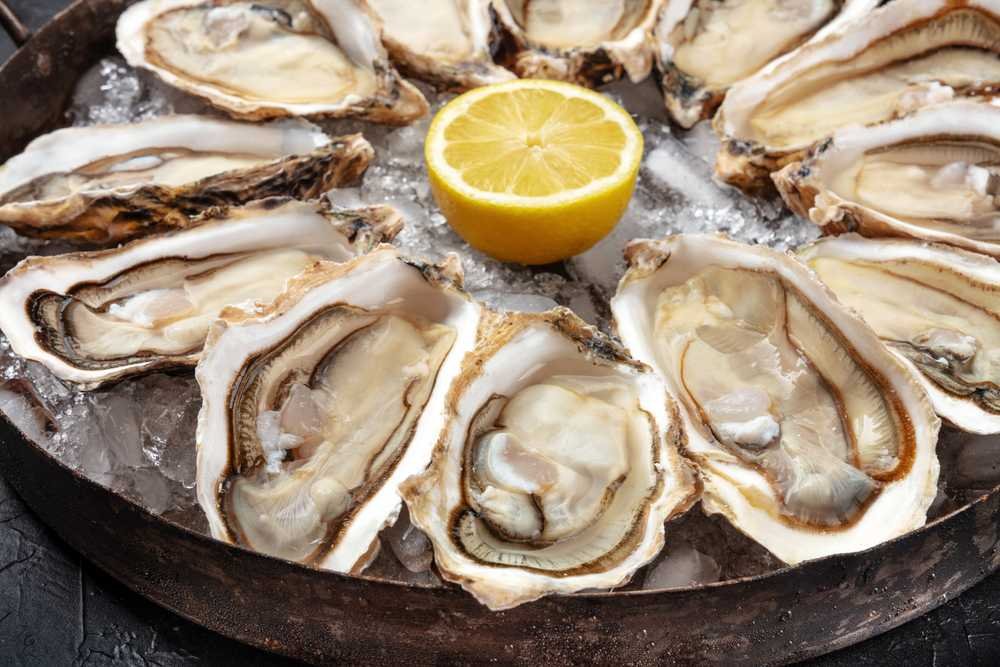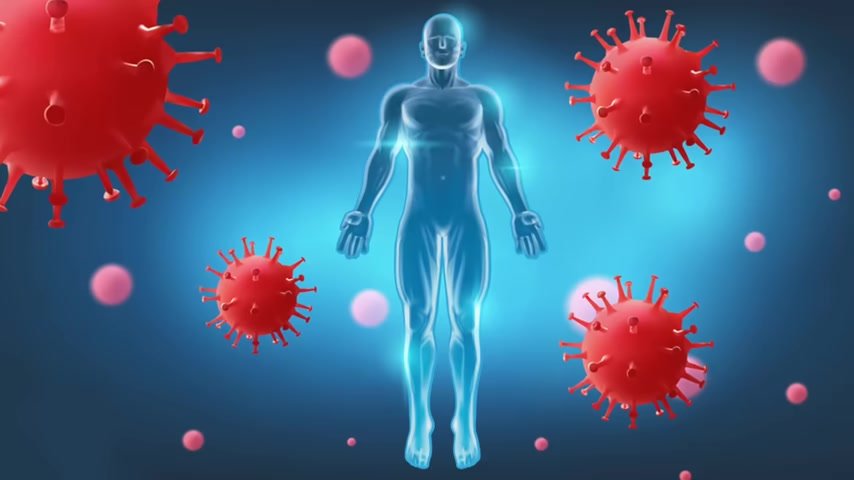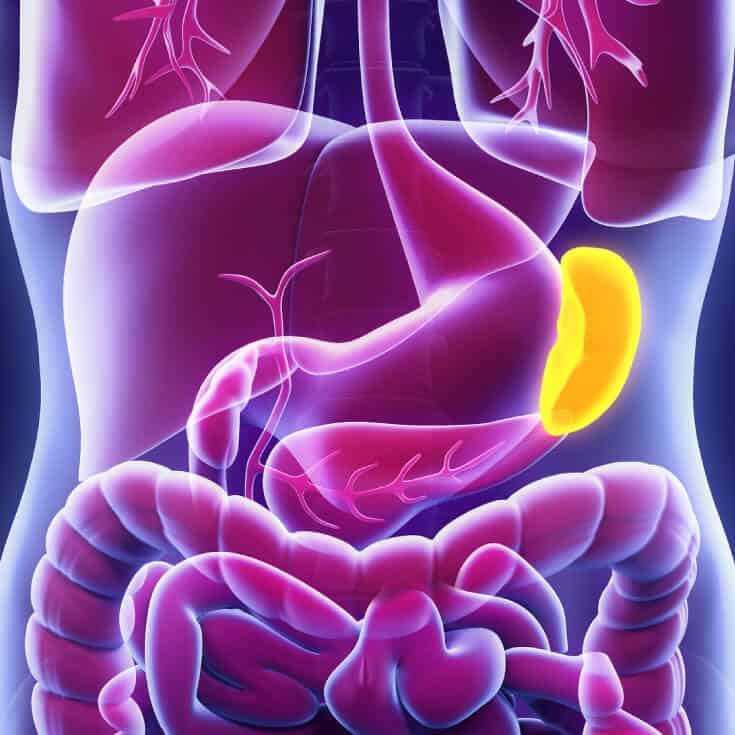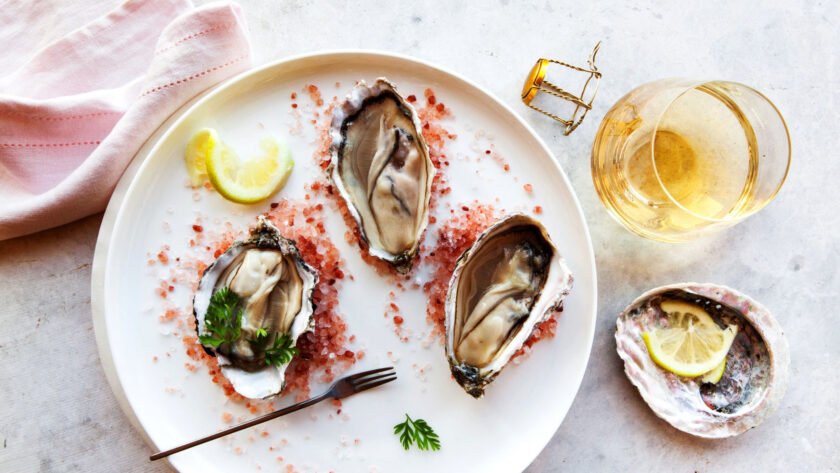Table of Contents
Looking to boost your immune system and overall health? Discovering the Highest Zinc Foods is a great place to start. This article delves into the surprising power of zinc, revealing the absolute Highest Zinc Foods you can incorporate into your diet. From the ocean’s bounty to land-based proteins, we’ll explore the top contenders for the title of Highest Zinc Food, helping you make informed choices for a healthier you.
Brief The Article:
What is the highest zinc food?
Oysters are the undisputed champions, offering the highest amount of bioavailable zinc. Red meat and fish are also good sources, while pumpkin seeds contain smaller amounts.
Why is zinc deficiency a problem?
Our bodies don’t store zinc, requiring consistent intake. Deficiency affects 25% of the population and is difficult to detect through blood tests unless severe.
What are the side effects of zinc deficiency?
- Weakened Immune System: Reduced white blood cells (lymphocytes), sluggish immune response, shrinking thymus gland, and increased susceptibility to infections.
- Other Symptoms: Loss of taste and smell, slow wound healing, decreased testosterone, and increased inflammation.
What causes zinc deficiency?
- Dietary Factors: Phytates in whole grains and fiber can block zinc absorption. Vegan diets may require careful planning to ensure sufficient intake.
- Lifestyle Factors: Stress (high cortisol levels), excessive sugar consumption, and diabetes contribute to depletion.
- Health Conditions: Prolonged infections, low stomach acid, malabsorption due to gut damage, and liver damage can hinder absorption.
So let’s dive into the details…
Highest Zinc Food in the World: Oysters

The highest zinc food in the world is oysters. That’s number one. Oysters are loaded with zinc, and it’s the type of zinc that’s bioavailable.
Then we get red meat, okay? Then we get fish, and the list goes down from there. There is a small amount of zinc in pumpkin seeds, for example, and there are a few other things.
- Highest in Zinc: Oysters
- Bioavailable Zinc: Easily absorbed by the body
- Good Sources of Zinc: Red meat, fish, pumpkin seeds
The Problem with Zinc: No Storage System
But here’s the problem with zinc: there is no storage system in our body for zinc. So if we’re not getting it from the diet, we are going to be deficient.
- No Zinc Storage: The body needs a consistent dietary intake of zinc
Impacts on Immunity

25% of the planet is deficient in zinc, and it’s very difficult to determine if you’re deficient other than symptoms because when you do a blood test, it’s not detectable even though you’re very deficient.
It’s only detectable after a long-term deficiency or severe depletion. But let’s talk about the consequence of not having enough zinc in the body.
- Prevalence of Deficiency: 25% of the global population
- Difficult to Detect: Blood tests are unreliable unless deficiency is severe
Side Effects of Zinc Deficiency: Weakened Immune System

First of all, you’re going to have a decreased amount of lymphocytes – these are your white blood cells. So you’re going to have a hard time fighting off infection and pathogens. If it’s very severe, you may get an enlarged spleen.
- Reduced Lymphocytes: Fewer white blood cells to fight infection
- Enlarged Spleen: Potential consequence of severe deficiency
Side Effects of Zinc Deficiency: Reduced Immune Response
You’ll get a decreased response to pathogens, so not only do you have decreased numbers of white blood cells, but your response to pathogens is sluggish.
So you can’t fight infection as well as you did when you had enough zinc. The thymus, the training camp for the white blood cells, gets smaller.
- Sluggish Immune Response: Body struggles to fight off pathogens
- Thymus Shrinkage: Impacts on white blood cell development
Side Effects of Zinc Deficiency: Increased Susceptibility and Other Symptoms

Next is an increased susceptibility to infection, so you’re more susceptible to getting sick. So whereas one person would not necessarily get the infection, you might get it.
Next is loss of taste and smell. Next is decreased wound healing and decreased testosterone. And because zinc is an anti-inflammatory, you lose your ability to get rid of inflammation, so you have more inflammation.
- Increased Infection Risk: Higher likelihood of getting sick
- Loss of Taste and Smell: Noticeable sensory changes
- Slow Wound Healing: Body takes longer to repair tissue
- Decreased Testosterone: Impacts hormone levels
- Increased Inflammation: Zinc’s anti-inflammatory properties are reduced
Causes of a Zinc Deficiency: Phytates in Fiber
There are a couple of other reasons why people are deficient in zinc. A big one is phytates. Phytates are in fiber – they’re in whole grains.
So when you consume flour products – breads, pasta, cereal, crackers, rice – along with phytates (it’s in the bran, it’s a fiber), phytates block zinc. Okay, so that’s number one.
- Phytates: Found in fiber, especially whole grains
- Zinc Blockage: Phytates inhibit zinc absorption
Causes of a Zinc Deficiency: Stress, Sugar, and Diabetes

Number two, stress will deplete your zinc. High levels of cortisol over a period of time will deplete your zinc.
Sugar – as in not just sugar but high fructose corn syrup and honey and all the other types of sweeteners – also (coming right down here) diabetes, which is a condition where you have high sugar, will also deplete zinc. So these two are very similar.
- Stress: High cortisol levels deplete zinc
- Sugar: Excess sugar consumption depletes zinc
- Diabetes: High blood sugar contributes to zinc deficiency
Causes of a Zinc Deficiency: Infections and Acids

The longer you have an infection, the less zinc you’re going to have in your body. And you need zinc for these things right here. And acids will deplete you of zinc.
You need an acidic stomach to absorb zinc. So as you get older, you lose stomach acid – you can no longer pull zinc in like you did before.
- Infections: Prolonged infections deplete zinc reserves
- Low Stomach Acid: Reduces zinc absorption
Causes of a Zinc Deficiency: Malabsorption, Liver Damage, and Vegan Diets
Malabsorption: if you have gut damage, you’re going to have a hard time absorbing zinc. If you have liver damage
–even a fatty liver, even in a liver that’s inflamed, even a liver that has scar tissue – you’re not going to be able to absorb zinc. And so many people have a fatty liver and they don’t even know it.
If you’re a vegan, it’s going to be a lot more difficult to get zinc because you’re consuming things that are pulling it out, and you’re not consuming animal products. So you’re not going to get the bioavailable zinc that you need.
- Malabsorption: Gut damage hinders zinc absorption
- Liver Damage: Impaired liver function affects zinc absorption
- Vegan Diets: Require careful planning to ensure adequate zinc intake
So anyway, I just want to increase the awareness of zinc and the importance of getting enough zinc in your diet.
Summary
- The #1 best source of zinc is oysters. Oysters are loaded with bio-available zinc. Red meat, fish, and pumpkin seeds also contain some zinc.
- 25% of people are deficient in zinc. Zinc is a mineral that isn’t stored in the body—this means that you have to consume zinc-rich foods regularly to maintain sufficient zinc levels.
- A zinc deficiency is difficult to diagnose—blood tests often won’t reveal a zinc deficiency. Only long-term zinc deficiencies will show up on tests.
Zinc deficiency symptoms include:
- Decreases lymphocytes
- Enlarged spleen
- Decreased response to pathogens
- Thymus atrophy
- Increased duration of infection
- Increases susceptibility to infection
- Loss of taste/smell
- Decreased wound healing.
- Low testosterone
- Increased inflammation
Aside from not consuming enough zinc-rich foods, you may also be low on zinc due to:
- Phytates (found in grains)
- Sugar
- Stress
- Infection
- Antacids (Stomach acidity helps zinc absorption)
- Malabsorption
- Liver damage
- Diabetes
- Vegan diets
Download My FREE guide: First Signs of a Nutrient Deficiency
FAQ
How do you get 100% of zinc daily?
To get 100% of your daily zinc intake, consider the following strategies:
- Consume a variety of zinc-rich foods such as oysters, beef, pork, chicken, and fortified cereals.
- Include plant-based sources like pumpkin seeds, cashews, and chickpeas.
- The recommended daily allowance (RDA) for zinc is 11 mg for adult men and 8 mg for adult women.
- If dietary sources are insufficient, consider a zinc supplement after consulting with a healthcare provider.
Remember: A balanced diet with diverse food sources is often the best way to meet your zinc requirements.
How much zinc is in 100g of oysters?
Oysters are exceptionally rich in zinc. In 100g of raw oysters, you can find:
- Approximately 16-182 mg of zinc, depending on the variety and source.
- On average, 100g of oysters contain about 78.6 mg of zinc.
- This amount far exceeds the daily recommended intake for adults.
Caution: While oysters are an excellent source of zinc, it’s important not to consume excessive amounts regularly to avoid potential zinc toxicity.
Which fruit has max zinc?
While fruits are generally not the highest sources of zinc, some do contain notable amounts:
- Avocados: About 1.3 mg per medium-sized fruit
- Blackberries: Approximately 0.8 mg per cup
- Pomegranates: Around 0.6 mg per medium fruit
- Raspberries: About 0.5 mg per cup
Note: While these fruits contain zinc, they are not as zinc-rich as animal sources or certain nuts and seeds.
Are eggs high in zinc?
Eggs contain a moderate amount of zinc:
- One large egg contains about 0.6-0.8 mg of zinc.
- This represents approximately 5-7% of the daily recommended intake for adults.
- While not considered “high” in zinc, eggs can contribute to your overall zinc intake as part of a balanced diet.
Tip: Combine eggs with other zinc-rich foods to boost your overall zinc consumption.
Do bananas have zinc?
Bananas do contain zinc, but in relatively small amounts:
- One medium banana (about 118g) contains approximately 0.2 mg of zinc.
- This represents about 1-2% of the daily recommended intake for adults.
- While not a significant source of zinc, bananas offer other important nutrients like potassium and vitamin B6.
Remember: While bananas can contribute to your zinc intake, they shouldn’t be relied upon as a primary source of this mineral.
Does zinc boost testosterone?
Zinc plays a role in testosterone production and regulation:
- Research suggests that zinc supplementation may increase testosterone levels, especially in men with zinc deficiency.
- Zinc is involved in the production and metabolism of testosterone in the body.
- Studies have shown that zinc deficiency can lead to reduced testosterone levels.
- However, taking zinc when you’re not deficient is unlikely to significantly boost testosterone levels.
Important: Always consult with a healthcare provider before taking zinc supplements for testosterone-related concerns.




